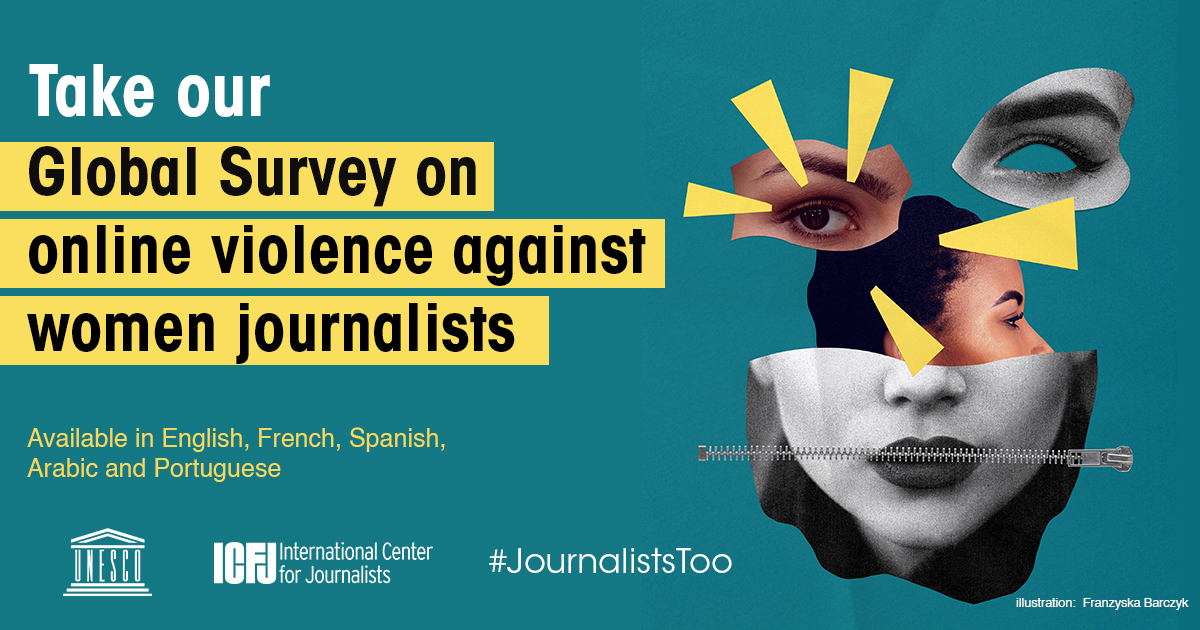The Centre for Freedom of the Media (CFOM) is participating in a global research project examining the incidence and impacts of online violence against women journalists, and effective measures to combat the problem. The project is led by the United Nations Educational Scientific and Cultural Organization (UNESCO) and the International Center for Journalists (ICFJ) and involves a consortium of scholars and researchers from around the world.
According to UNESCO “[o]nline violence – which includes threats of sexual assault and murder, harassment, abuse, privacy breaches and digital security attacks – is injuring women journalists, chilling their reporting, and in some cases forcing them out of the profession altogether. The risk of online violence spilling offline is also significant, and there is growing evidence connecting online attacks with offline violence against women journalists”.
UNESCO is also pointing to “mounting evidence […] suggest[ing] increasing levels of online violence against women journalists amid the COVID-19 pandemic and rising racial tensions globally”.
Against this background the research project is mapping the problem of online violence against women journalists as it manifests in 15 countries including Brazil, Kenya, Lebanon, Mexico, Nigeria, Pakistan, the Philippines, Poland, Serbia, South Africa, Sri Lanka, Sweden, and Tunisia.
In parallel three novel case studies on prolifically targeted women journalists are being carried out by combining Natural Language Processing (NLP) – a research method that combines linguistics, computer science, and Artificial Intelligence – to analyse perpetrator networks and the characteristics of the abusive content, alongside deep-dive interviews with the women at the receiving end of online violence.
Part of this research is a survey, offered in five languages, which aims to achieve a comprehensive understanding of the problem of online violence against women journalists. As explained by project leader Julie Posetti [1], the aims of the survey are to to map “the scale, types, impacts and intersectional characteristics of the pernicious problem” of online violence against women journalists and to find out what “countermeasures are being tested and implemented, how they are (not) working, and what women journalists most need on the front line of this chilling crisis”.
The survey is open to women journalist who have experienced any form of online violence; including for instance sexualised abuse and harassment on social media; individuals who have witnessed such online violence against a woman journalist; and individuals responsible for managing women in journalism.
For inquiries, and access to the survey, please contact:
- ICFJ: Dr. Julie Posetti (jposetti@icfj.org) or Fatima Bahja (fbahja@icfj.org)
- UNESCO: Saorla McCabe (mccabe@unesco.org) or Theresa Chorbacher (t.chorbacher@unesco.org)
[1] Julie Posetti is a Senior Researcher at CFOM and Global Director of Research at the International Center for Journalists

